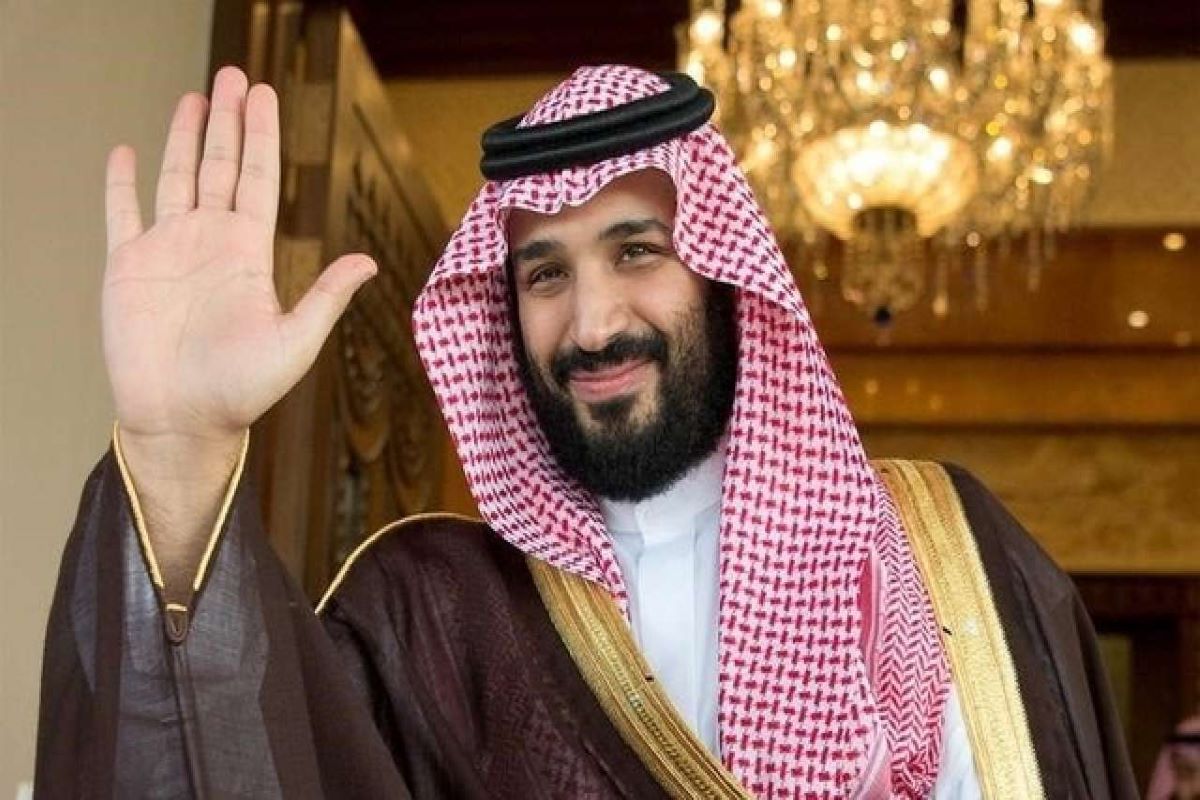The 81 executions in Saudi Arabia last weekend are chillingly reminiscent of the worst in medieval tyranny. Ironically, the latest bout of crime and punishment has happened in the kingdom where liberal winds are said to be blowing across the desert sands.
The number includes seven Yemenis and one Syrian national, on charges that mention “allegiance to foreign terrorist organisations” and holding “deviant beliefs”, the state-run Saudi Press Agency said about the largest known mass execution carried out in the kingdom in contemporary history. The number has dwarfed the 67 executions reported in the kingdom in 2021 and the 27 in 2020.
Advertisement
“These individuals were convicted of various crimes including murdering innocent men, women and children,” SPA said on Saturday, citing a statement from the interior ministry. “Crimes committed by these individuals also include pledging allegiance to foreign terrorist organisations, such as ISIS [ISIL], Al Qaida and the Houthis,” it added. Some of them had travelled to conflict zones to join “terrorist organisations”, according to the SPA. “The accused were provided with the right to an attorney and were guaranteed their full rights under Saudi law during the judicial process,” it said. “The kingdom will continue to take a strict and unwavering stance against terrorism and extremist ideologies that threaten the stability of the entire world,” the report added.
The men included 37 Saudi nationals who were found guilty in a single case for attempting to assassinate security officers and target police stations and convoys. Saudi Arabia’s last mass execution was in January 2016, when the kingdom executed 47 people, including a prominent opposition Shia leader who had rallied demonstrations in the kingdom.
In 2019, the kingdom beheaded 37 Saudi citizens, most of them minority Shias, in a mass execution across the country for alleged “terrorism”-related crimes. Saudi Arabia’s human rights record has been under increasing scrutiny from rights groups and Western allies ever since the killing of the Saudi journalist, Jamal Khashoggi, in 2018. The kingdom has faced strong criticism of its restrictive laws on political and religious expression, and the implementation of the death penalty, including for defendants arrested when they were minors.
The kingdom has denied accusations of human rights abuses and says it protects its national security according to its laws. The executions have taken place when the world’s attention is riveted to Russia’s war in Ukraine. The United States hopes to lower record-high gasoline prices as energy rates spike the world over, and Riyadh, which can play a pivotal role in this essay, clearly saw this as a window of opportunity where geopolitics could trample concerns of rights groups.
The number of death penalties being carried out in Saudi Arabia had dropped during the pandemic, though convicts were beheaded under King Salman and his assertive son, Crown Prince Mohammad bin Salman. The palace in Riyadh remains remarkably insensitive.









